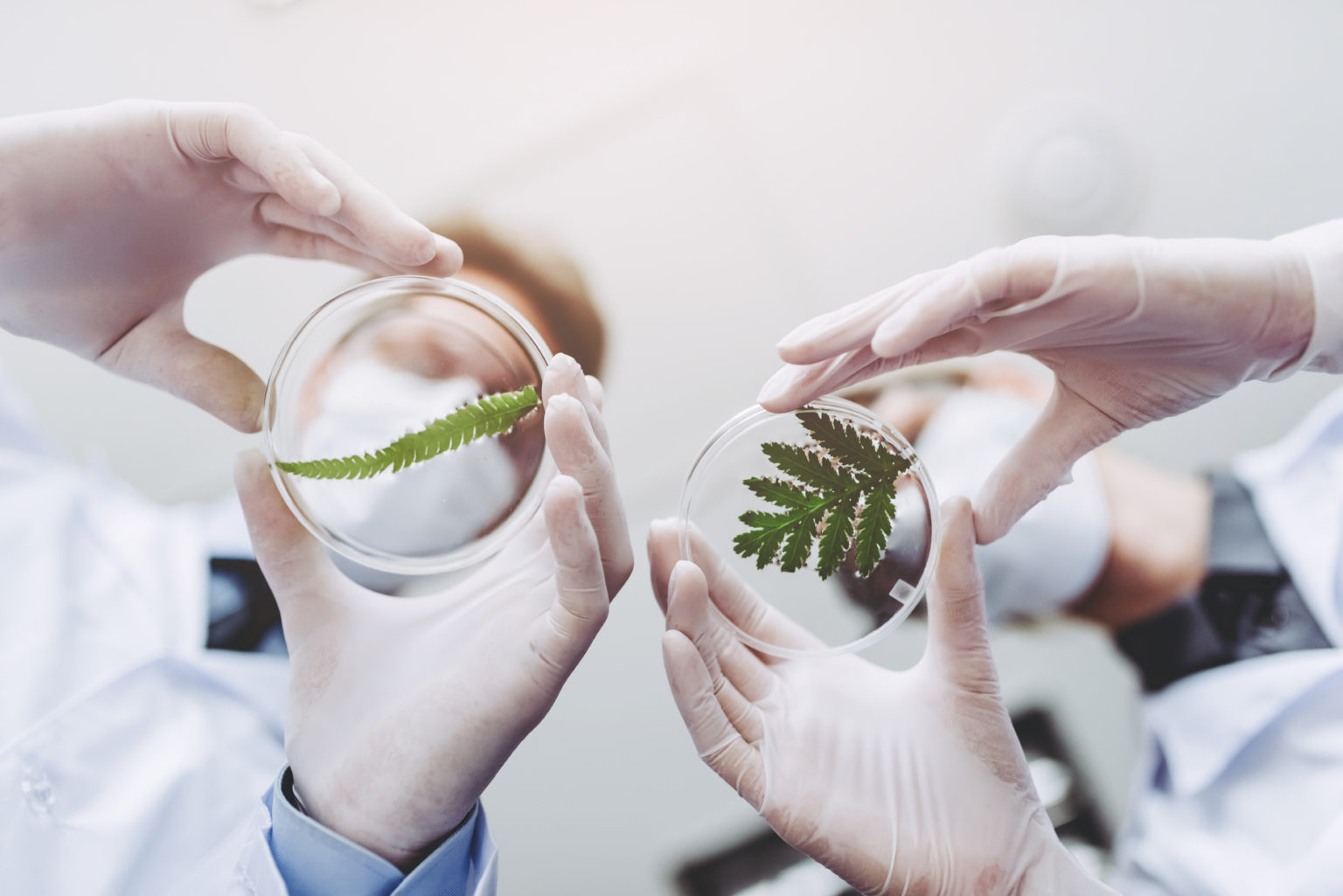SECTORS
Life Sciences
Life Sciences
Digital & Banking
Hi-Tech & Finance
Engineering

The healthcare sector is facing an ageing population, an increase in chronic diseases, rising healthcare costs and the need to ensure maximum quality of care, while safeguarding medical data and complying with new regulations.
To meet these challenges, tools are needed to streamline the organisation’s operations and investment in research and development to compete with developing countries and, where necessary, ensure local delivery. To remain competitive and provide personalised care, life-science organisations need to develop new operating strategies, establish collaborations with others to share data, medicines and resources, and anticipate trends and regulatory changes.
Artificial intelligence (AI) and machine learning (ML) are revolutionising life sciences for data analysis, drug discovery and predictive modelling. The integration of large datasets with different areas of omics, such as genomics and proteomics, creates challenges and opportunities. Digital healthcare and wearables technologies are transforming healthcare through wearable devices, mobile apps and remote monitoring systems.
Collaboration between researchers from different disciplines and sectors is now crucial to successfully address the complex challenges of life sciences. Companies in biotechnology, pharmaceuticals, healthcare and services, medical devices, nutrition and cosmetics can benefit from this change by developing appropriate solutions.
The digital transformation of the sector, as well as technological innovation, supported by developments in image processing, the Internet of Things (IoT) and medical technology, are enabling the real development of e-health, putting the patient back at the heart of the healthcare system.

 Outsourcing of IT specialists
Outsourcing of IT specialists Team Leasing
Team Leasing Managed Services
Managed Services Amazon Web Services
Amazon Web Services Engineering
Engineering Work Package
Work Package